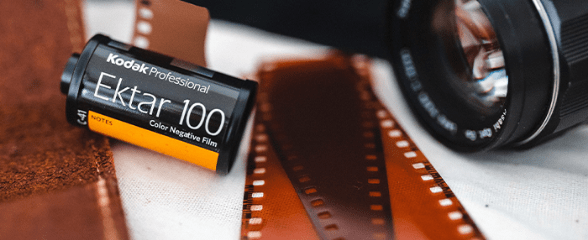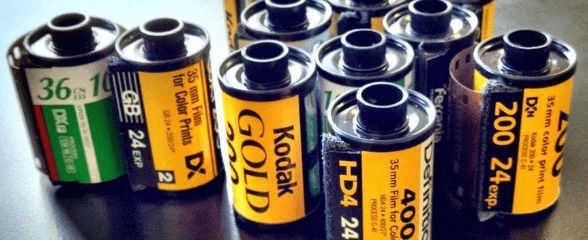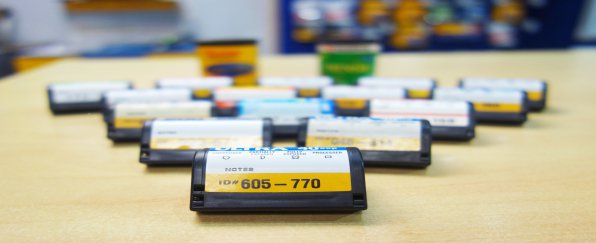IMPORTANT: Orders are stored on our hard drive for approximately one week, so if you haven’t had your order back within 4-5 days of posting please contact us immediately so we can lock the order and reprint or rescan if necessary.

Film developing is the process of transforming the film negatives from a light sensitive strip, making the images permanently visible and rendering the strip insensitive to light. We develop colour films that are marked as C-41 process, and one black and white film (Ilford XP2) that can be processed through C-41 chemicals.
If you just want your film negatives developing, please use the “develop only (with no prints or scans)” box on the order form, and we will return your film strip in the post cut into 4 frame strips inside negative sleeving.
Our three most popular processing services are:
*Developing, plus scan/digitise (see film scanning page for options) without having prints made. These can either be sent to you via a Dropbox Link, or a USB that you provide, or we can supply a USB or CD/DVD.
*Developing, and printing to 6x4 size
*Developing, printing, and scanning/digitising
The prices for all our services are on our price list.

Disposable cameras also need to contain C-41 films in order for us to be able to process them. A 27 exposure camera is priced the same as a 24 exposure film and a 39 exposure camera the same as a 36 exposure film. When sending in to us it’s best to send the complete camera as you may damage the film if you try and remove it.
If you haven’t yet used your camera, please remember to use the flash for indoor photo’s. This is especially relevant for weddings or other events, please remind the guests to put the flash on before taking pictures.

We get lots of enquiries regarding films that have been found in drawers and attics. We often receive films up to twenty years old and where possible we try and compensate for any discolouration or graininess during the printing or scanning stage, if the discolouration is particularly bad, we will convert to black and white in order to be able to see the images. If there are no images on the film then we don't charge anything, so it's always worth sending them to us so that we can try.

These films have not been manufactured for a number of years but there are still plenty around and we still develop them. One unique and very useful feature of these films is that they have an indicator at one end of the cartridge which should tell you if the film is unused (1), partially used but not yet developed (2) fully used but not yet developed (3), or already developed (4). Please check your APS film before sending, or give us a call and we can advise you.
Our price for developing and printing APS films is the same as developing and printing 35mm films.
Another very popular service is scanning already developed (4) APS films to CD which costs just £4.00 per film for all lengths. You can send your own USB to be scanned to at no extra cost, or if you prefer a CD/DVD, that is an additional £1 or we can provide a USB for a one-off cost of £6.50. Or you can choose a Dropbox link as an optional extra which is £5 for the whole order.

We can print or scan from already developed 35mm mounted slides. Print costs are listed on our price list.
For scans, you can send your own USB to be scanned to at no extra cost, or if you prefer a CD/DVD, that is an additional £1 or we can provide a USB for a one-off cost of £6.50. Or you can choose a Dropbox link as an optional extra which is £5 for the whole order.

Currently we don’t develop any of these (except B&W films marked as C41 process, eg Ilford XP2), although we can scan or print previously developed 35mm B&W negatives. We also do not push/pull process.
There are no plans to ever develop 110 or 126 or disc film, as we do not have the equipment to do so.
There are no immediate plans for being able to develop 120 film, but this is a possibility in the future.